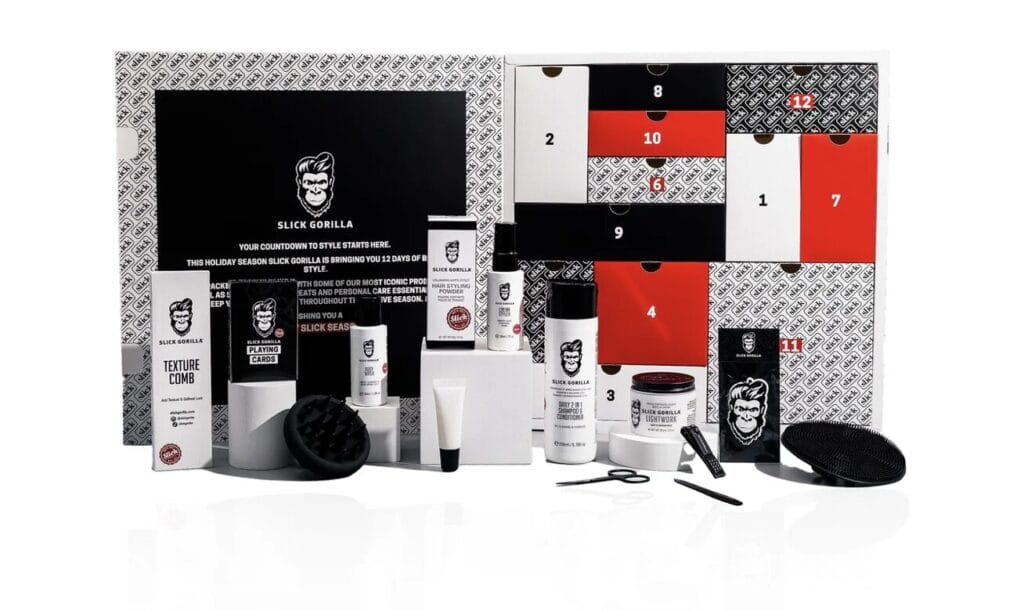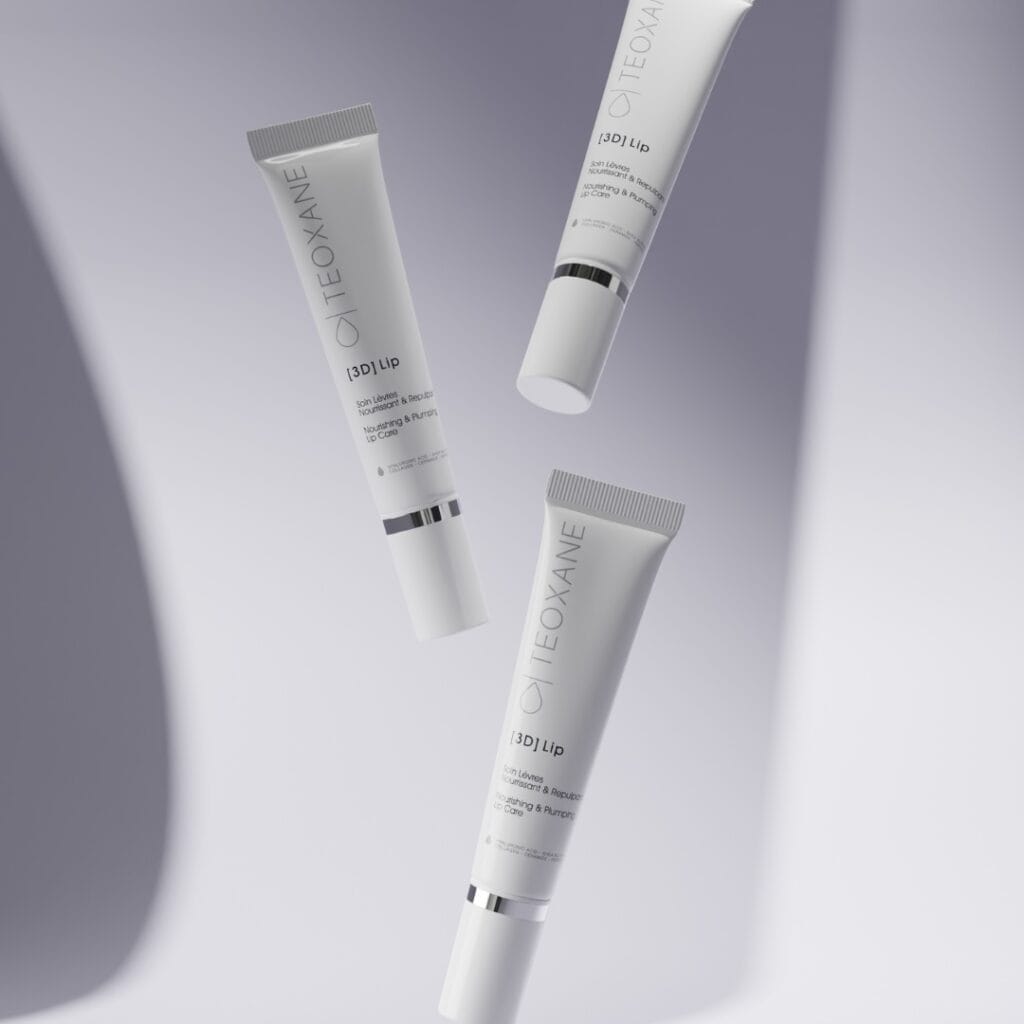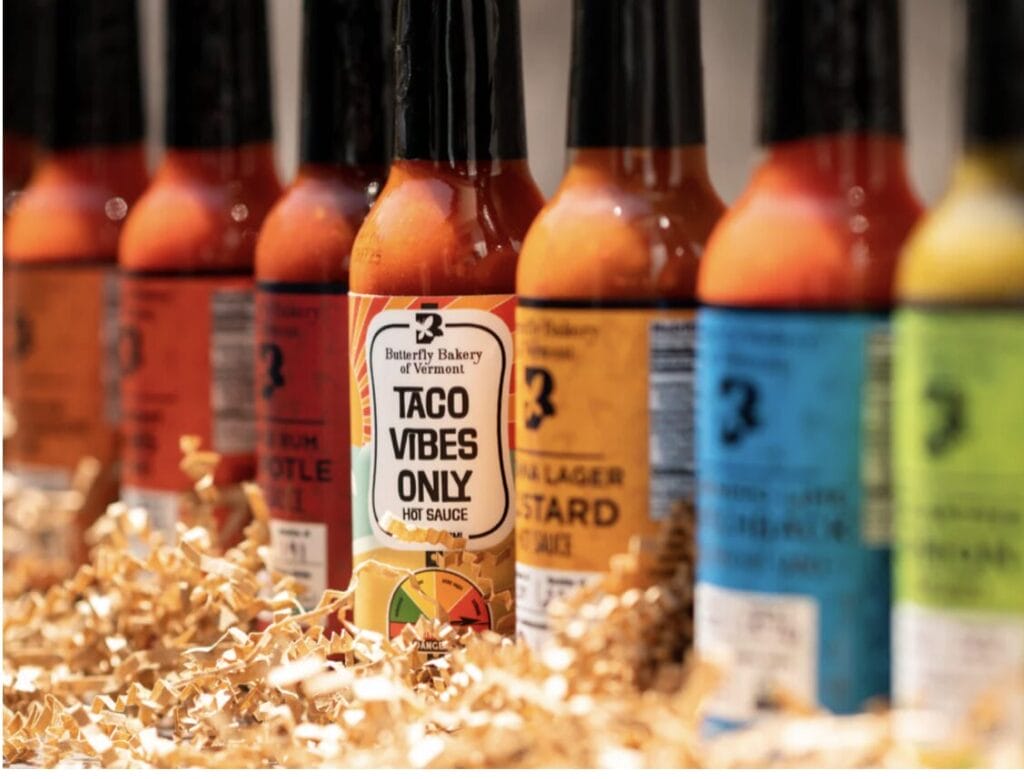Protein is one of the essential building blocks of life. Simply put, it’s a macronutrient made up of amino acids that our bodies need to function, repair tissue, and grow. Whether it’s helping to build muscle, boost immune function, or keep our organs working smoothly, protein is vital to our health. Every cell in the human body contains protein, and it plays a key role in nearly every biological process.
A Historical Look at Protein Consumption
From the earliest days of humankind, protein has been a necessity for survival. Ancient humans fulfilled their protein needs through hunting animals and foraging for plant-based sources. Early hunter-gatherer societies depended on wild game, fish, nuts, and seeds as their primary sources of protein. With the advent of agriculture, humans began domesticating animals and cultivating legumes and grains, allowing for more consistent protein consumption.
Do we still have the same protein needs today? In many ways, yes. Modern humans, like our ancestors, require adequate protein for overall health, muscle maintenance, and energy. However, today’s protein consumption looks a little different—more varied, accessible, and even tailored to individual dietary needs.
How Both Animals and Vegetables Provide Protein
Proteins in both animal and plant foods are made up of long chains of amino acids, the basic building blocks. Although the sources differ, both types of proteins ultimately provide these essential amino acids to the human body. Animal proteins are naturally complete, offering all essential amino acids in the right proportions. Plant proteins, though incomplete by themselves, can be combined (like rice and beans) to form complete proteins.
How Protein is Made (Manifested)
Proteins are synthesized in living organisms through a process called protein biosynthesis, which occurs in cells. Proteins are made up of 20 different amino acids, and the body uses a sequence of these amino acids (coded by DNA) to create different proteins. The human body breaks down the protein we consume into these individual amino acids, which it then uses to build or repair tissues, make enzymes, and support other vital functions.
In nature, animals consume protein through their diets (whether plant or animal), and plants produce protein via photosynthesis, turning carbon dioxide and water into sugars, which are then used to make amino acids and proteins through metabolic processes.
This ability of both animal and plant sources to supply proteins makes them essential to meeting human dietary needs.
The Protein Business: A Booming Industry
The protein business as we know it today began in the mid-20th century, with the launch of protein powders and supplements aimed at athletes and bodybuilders. One of the pioneers of this industry was Irvin Johnson, founder of “Rheo H. Blair,” one of the first companies to sell protein supplements in the 1950s. Johnson’s product was designed to help people, especially athletes, increase muscle mass.
Today, the global protein market is a multibillion-dollar industry. In 2023 alone, it was estimated to generate over $21 billion in revenue, covering everything from plant-based proteins to traditional whey and collagen products. As the health and fitness industry grows, so does the demand for protein products. Below is a graph that breaks down the top protein categories:
The top three sources of protein are animal-based proteins, plant-based proteins, and dairy products. Each of these sources provides essential amino acids, the building blocks of protein, which our bodies need for growth, repair, and overall health.
- Animal-Based Proteins: Foods like meat (beef, chicken, pork), fish, and eggs are considered “complete” protein sources because they contain all nine essential amino acids that the human body cannot produce on its own. Animal proteins are highly bioavailable, meaning the body can easily digest and absorb them for muscle repair and maintenance.
- Plant-Based Proteins: While many plant sources of protein (like beans, lentils, quinoa, and tofu) may not contain all essential amino acids, they can be combined to form a complete protein. For example, eating beans with rice or combining lentils with grains can provide a full amino acid profile. Plant proteins are important for vegetarians and vegans and have grown in popularity as people seek more sustainable and health-conscious alternatives to animal proteins.
- Dairy Products: Dairy, such as milk, yogurt, and cheese, also offers a complete protein source. Whey protein, derived from milk, is a common ingredient in protein supplements because it is quickly absorbed by the body and is rich in essential amino acids, especially leucine, which plays a key role in muscle synthesis.
The 10 Best Protein Gifts for 2024
- Whey Protein Isolate – Fast-absorbing and perfect for post-workout recovery.
- Vegan Protein Powder – Ideal for plant-based eaters, packed with peas, hemp, and rice proteins.
- Protein Bars Variety Pack – A convenient and delicious snack on the go.
- Collagen Peptides – Supports skin, joints, and bones, making it a perfect gift for those focused on longevity.
- Protein Coffee – A tasty way to get a protein boost with your morning cup of joe.
- High-Protein Snacks Gift Box – Curated selection of protein-packed treats like jerky and roasted chickpeas.
- Ready-to-Drink Protein Shakes – Pre-made protein drinks for people with busy lifestyles.
- Subscription to Protein-Rich Meal Kits – A great gift for those who love convenience and healthy eating.
- High-Protein Cookbooks – Inspire home chefs with recipes that prioritize protein.
- Protein-Enriched Pancake Mix – Add a boost of protein to classic breakfast foods.
These gifts aren’t just practical; they’re thoughtful, especially for the fitness enthusiasts or health-conscious individuals on your list. Whether you’re gifting a high-quality protein powder, a subscription service, or protein-packed snacks, these items can add both convenience and nutritional benefits to the recipient’s life.
The Thoughtful Gift of Protein
Giving the gift of protein is more than just a trend—it’s a heartfelt way to show that you care about someone’s health and well-being. Protein gifts are ideal for Secret Santa exchanges, holiday gift baskets, or even annual subscription services. With the rise of personalized nutrition and fitness goals, protein-focused gifts can help people stay on track with their health objectives all year round.
The Rise of Protein Drinks
Protein drinks have come a long way since their inception. The concept of powdered protein supplements began in the 1950s when bodybuilders and athletes sought quick and efficient ways to consume large amounts of protein to build muscle. Irvin Johnson, who later became known as Rheo H. Blair, is credited with popularizing the first commercial protein powder in the United States. His brand, Rheo Blair Protein, was marketed to athletes and fitness enthusiasts for muscle building and recovery. Over time, protein drinks evolved from niche bodybuilding products to mainstream health beverages consumed by people of all fitness levels.
Protein drinks are an easy way to increase protein intake, as they typically contain high-quality sources like whey, casein, or plant-based proteins. When consumed post-workout, protein drinks aid muscle repair and growth by delivering a quick source of essential amino acids, which help in building and repairing tissues. They also provide a convenient way to meet daily protein needs, especially for those with busy lifestyles.
Today, some of the best protein drinks for holiday gifting include ready-to-drink shakes like Premier Protein for their balanced nutrition, Orgain Plant-Based Protein for vegan recipients, and Fairlife Nutrition Plan for those looking for lactose-free options. Each of these brands offers great flavors, smooth textures, and convenient packaging, making them perfect stocking stuffers or thoughtful gifts for health-conscious individuals.
The Importance of Maintaining Good Protein Levels
As we age, maintaining adequate protein intake becomes even more crucial. Protein helps preserve muscle mass, supports bone health, and promotes healing and recovery. For individuals who need extra strength, such as those recovering from illness or injury, protein plays a vital role in their recovery process. Protein also supports metabolism and energy, making it a must for active people or those looking to stay healthy as they grow older.
5 Types of People Who Would Love a Protein Gift:
- Fitness Enthusiasts – Protein is key to muscle recovery and growth, making it a perfect gift for gym-goers.
- Busy Professionals – Protein bars, shakes, or meal subscriptions are great for those with tight schedules but who still want to maintain healthy eating habits.
- Aging Adults – Protein helps preserve muscle mass and bone health, making it a thoughtful gift for older adults focused on longevity.
- Health-Conscious Shoppers – Organic, vegan, or all-natural protein powders appeal to those who prioritize clean eating.
- Outdoor Adventurers – Portable, high-protein snacks like jerky or protein bars make excellent fuel for hiking or camping trips.
On behalf of StyleLujo.com, we wish all our readers a joyous holiday season filled with health, love, and prosperity for the new year. Whether you’re giving or receiving this season, we hope our protein gift recommendations help you stay nourished and strong into 2025!
Protein2o:

Protein2o -Dedicated to offering delicious, refreshing protein drinks to support people in their health and fitness pursuits. Made with 15-20 grams of whey protein isolate, critical electrolytes and no sugar, Protein2o provides a better-for-you alternative to sugary sports drinks and caloric protein shakes. Protein2o is sold at great retailers like Amazon, Walmart, Meijer, Giant and Hy-Vee, Gyms like Crunch, 24 Fitness and OrangeTheory.
Biogena ONE:

Biogena ONE represents a breakthrough in wellness innovation, embodying the principles of quality, transparency, and a customer-first approach. This all-in-one supplement is designed to support overall health and vitality, combining essential nutrients and cutting-edge formulations to optimize daily wellness routines. Each ingredient is meticulously selected to ensure maximum efficacy and safety, reflecting Biogena’s commitment to excellence.
Save Article








